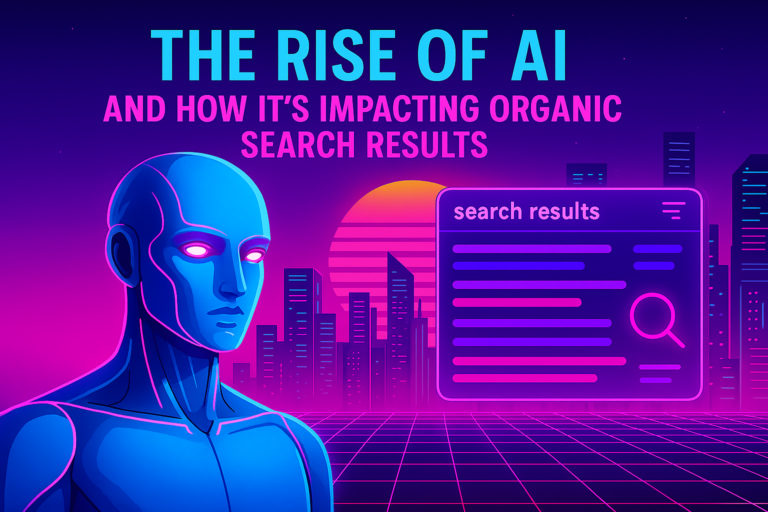With artificial intelligence becoming more accessible and powerful every day, many people are exploring ways to generate income using AI tools and wondering about the legal implications of doing so. With all of this excitement, people are wondering: is it illegal to earn money using AI?
No, it is not illegal to earn money using AI tools and technologies, as long as you are following relevant laws, respecting intellectual property rights, and complying with the terms of service of the AI platforms you’re using.
However, while earning money with AI is generally legal, there are several important considerations and potential legal pitfalls you need to be aware of to ensure your AI-powered business ventures remain on the right side of the law. Understanding these nuances can help you avoid costly mistakes and legal troubles down the road.
What Legal Issues Should You Consider When Making Money With AI?
When using AI to generate income, you need to be mindful of several key legal considerations. First, ensure you have the proper rights to use any training data or input materials. Many AI systems require extensive data to function, and using copyrighted or proprietary information without permission could result in legal challenges.
Additionally, be transparent about AI usage in your business operations, especially when dealing with customers or clients. Some jurisdictions require disclosure when AI is used to create content or make decisions that affect consumers. You should also review the terms of service for any AI platforms you’re using, as some restrict commercial use or require specific licensing for business applications.
How Can You Protect Your AI-Generated Work?
Understanding intellectual property rights for AI-created content is crucial. Currently, many countries don’t grant copyright protection to works created solely by AI, but human-AI collaborations may be eligible for protection. It’s important to document your creative process and the extent of human involvement in generating your work.
Consider implementing contracts and agreements that clearly outline ownership rights when working with clients or collaborators on AI-generated projects. This can help prevent disputes and protect your business interests in the long run.
What Are The Restrictions On AI Use In Different Industries?
Different sectors have varying regulations regarding AI implementation. In healthcare, for instance, AI tools must comply with HIPAA regulations and other medical privacy laws. Financial services must adhere to specific regulations about automated decision-making and risk assessment.
Some industries have stricter requirements for transparency and human oversight in AI-powered processes. For example, AI used in hiring decisions must comply with employment discrimination laws, and AI in financial services may need to meet specific regulatory requirements for algorithmic trading or credit decisions. Before implementing AI in your business, research the specific regulations that apply to your industry.
Can AI-Generated Content Get You In Legal Trouble?
When creating content with AI, you need to be cautious about potential copyright infringement and plagiarism issues. While AI models are trained on vast amounts of data, the output they produce must be carefully reviewed to ensure it doesn’t closely mimic existing works. This is particularly important for written content, artwork, and code.
It’s also crucial to verify that any factual claims or statements made by AI are accurate before publishing or using them commercially. Spreading misinformation, even unintentionally, could lead to legal liability. Many businesses implement human review processes to verify AI-generated content before it goes public.
Do You Need Special Licenses Or Permits For AI-Based Businesses?
While most AI-based businesses don’t require specific AI-related licenses, you’ll need to comply with standard business licensing requirements for your jurisdiction. This includes obtaining general business licenses, professional licenses if applicable, and any industry-specific permits.
Some AI applications, particularly those handling sensitive data or operating in regulated industries, may require additional certifications or compliance measures. For example, if you’re using AI to process personal data, you’ll need to comply with data protection regulations like GDPR in Europe or CCPA in California. It’s advisable to consult with a legal professional to understand the specific requirements for your AI-based business venture.
Taking Your First Steps With AI Business
Before launching your AI-powered business venture, schedule a consultation with a legal professional who specializes in technology law to review your specific business model and ensure compliance with all relevant regulations. This small upfront investment can help you avoid costly legal issues down the road and give you the confidence to move forward with your AI business plans.









